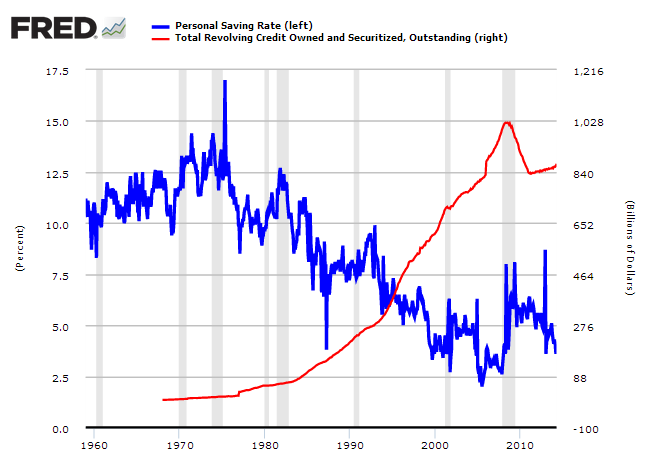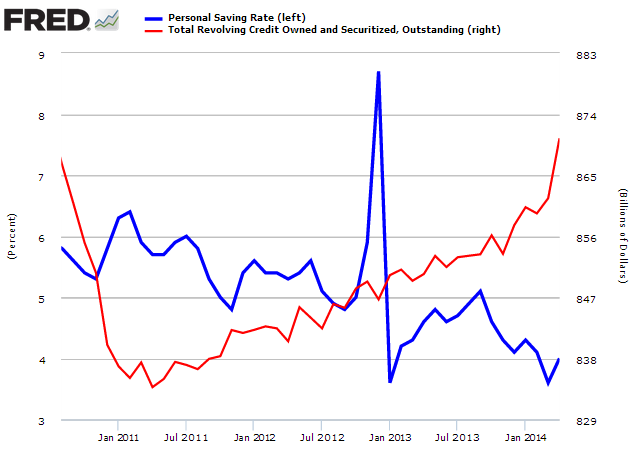
Reuters / Kevork Djansezian
The world’s largest shrimp farmer gets fishmeal used to feed its crop
from supplier that use slave labor, according to a new investigative
report. It then sells its farm-raised shrimp to food retail giants,
including Walmart and Costco in the US.
Charoen Pokphand (CP) Foods, based in Thailand, uses fishmeal, a
commercial product made from fish and the bones and offal (or
entrails) from processed fish, to feed the shrimp it farms. That
fishmeal is bought from suppliers using “large numbers of men
bought and sold like animals and held against their will on
fishing boats,” the
Guardian reported after a six-month investigation into the
industry. CP Foods is the world’s largest shrimp farmer, and
supplies the seafood to global retailers like Walmart, Costco,
Carrefour and Tesco.
“Men who have managed to escape from boats supplying CP Foods
and other companies like it told the Guardian of horrific
conditions, including 20-hour shifts, regular beatings, torture
and execution-style killings,” the Guardian reported.
“Some were at sea for years; some were regularly offered
methamphetamines to keep them going. Some had seen fellow slaves
murdered in front of them.”
There are an estimated two to three million migrant workers in
Thailand, the bulk of whom are from Burma (now known as Myanmar),
the US State Department noted in its annual
Trafficking in Persons (TIP) report.
In 2013, the report listed Thailand as a member of the Tier 2
Watch List, it’s second-worst designation, meaning its government
does not meet the standards laid out in the Victims of
Trafficking and Violence Protection Act (originally passed by
Congress in 2000), “
but are making significant efforts to
bring themselves into compliance with those standards,” yet
slave labor is still increasing, according to the report’s
definitions and methodology.
The majority of captive laborers used by the fishmeal suppliers
are from Myanmar and Cambodia. Of the Burmans in the Thai seafood
industry, 57 percent of the 430 workers surveyed experienced
conditions of forced labor, according to the 2013 TIP report. A
January 2011 report cited in the TIP said,
“Burmese,
Cambodian, and Thai men were trafficked onto Thai fishing boats
that traveled throughout Southeast Asia and beyond, where they
remained at sea for up to several years, not paid, forced to work
18 to 20 hours per day for seven days a week, and threatened and
physically beaten.”
"I thought I was going to die," Vuthy, a former monk
from Cambodia who was sold from captain to captain, said to the
Guardian
. "They kept me chained up, they didn't care about me
or give me any food … They sold us like animals, but we are not
animals – we are human beings."
In 2013, Thailand was to be designated as a Tier 3 country on the
TIP list, which would allow the country to face mandatory
“targeted sanctions” that cut
“non-humanitarian,
non-trade-related foreign assistance” from the US, until
Secretary of State John Kerry issued a pardon to the country,
Global Post reported at the time.
“But after [the 2013] reprieve, according to US law, Thailand
is out of pardons,” the
Global Post wrote.
“This means that, to stave off US
sanctions, it must finally execute enough raids and arrests in
the next 12 months to prove its sincerity in attacking
traffickers.”
The Guardian investigation likely foreshadows that the US will
drop the Asian country,
in the midst
of a military coup that began in late May, down to Tier 3
when it releases its 2014 report later in June. The new
government has asked the State Department to overlook the
country’s current political problems, or else the credibility of
the report would be discounted by the new leaders, Undercurrent
News reported.
"I trust you will let the merits of our case speak for
themselves. Thailand has made clear progress in combating human
trafficking. We are ready to do more in keeping to our firm
belief in the dignity,” Thai permanent secretary for foreign
affairs Sihasak Phuangketkaew wrote in a letter to Kerry,
according to the Bangkok Post.
"There might be a political dimension to the report, but the
TIP office should mostly consider our efforts to combat
trafficking, which have made notable progress," Songsak
Saicheua, director-general of the American and South Pacific
Affairs Department, said to the
Bangkok Post.
Yet the Guardian report shows little action by either the old
government or the coup-installed one to combat slave labor in the
“unregulated industry run by criminals and the Thai
mafia.”
"The Thai authorities could get rid of the brokers and
arrange [legal] employment," one high-ranking Thai official,
who is tasked with investigating human trafficking cases, said on
condition of anonymity.
"But the government doesn't want to
do that, it doesn't want to take action. As long as [boat] owners
still depend on brokers – and not the government – to supply
workers, then the problem will never go away."
In the meantime, the new government’s promises are of little
consolation to the country’s slave laborers
. "We'd get beaten
even if we worked hard," one trafficking victim told the
Guardian.
"All the Burmese, [even] on all the other boats,
were trafficked. There were so many of us [slaves] it would be
impossible to count them all."
A group of 14 men from Myanmar rescued from boats last year has
been in a government shelter in the south of Thailand, where they
are working with the Environmental Justice Foundation (EJF), a
British-based human rights charity, to build a case against their
slave drivers. But most are now disillusioned and more interested
in just going home than finding justice, Steve Trent, founding
director of the EJF, told CNN.
"It's not good enough to say the judicial process is slow in
Thailand,” Trent said.
“In effect they are punishing
these people again. They are the innocents involved."
The Guardian says it was able to trace the supply chain for the
first time:
“Slave ships plying international waters off
Thailand scoop up huge quantities of 'trash fish', infant or
inedible fish. The Guardian traced this fish on landing to
factories where it is ground down into fishmeal for onward sale
to CP Foods.”
CP Foods sells its own-brand fishmeal, supplied by slave ships,
to other farms. It also sells frozen and cooked shrimp that eat
the fishmeal, as well as ready-made meals, to food manufacturers
and retailers around the world, the Guardian reported.
"We're not here to defend what is going on," said Bob
Miller, CP Foods' UK managing director.
"We know there's
issues with regard to the [raw] material that comes in [to port],
but to what extent that is, we just don't have visibility."
Walmart, already under fire for its working conditions
in
the US and its link to a
deadly
fire at a factory in Bangladesh, told the Guardian it is
actively engaged in this issue and playing an important role
in bringing together stakeholders to help eradicate human
trafficking from Thailand’s seafood export sector.”
Costco said it requires its suppliers of Thai shrimp
“to take
corrective action to police their feedstock sources.”
But, in the end, it may not matter what the corporations buying
CP Foods’ products have to say.
"If you buy prawns or shrimp from Thailand, you will be
buying the produce of slave labour," Aidan McQuade, director
of Anti-Slavery International, told the Guardian.















